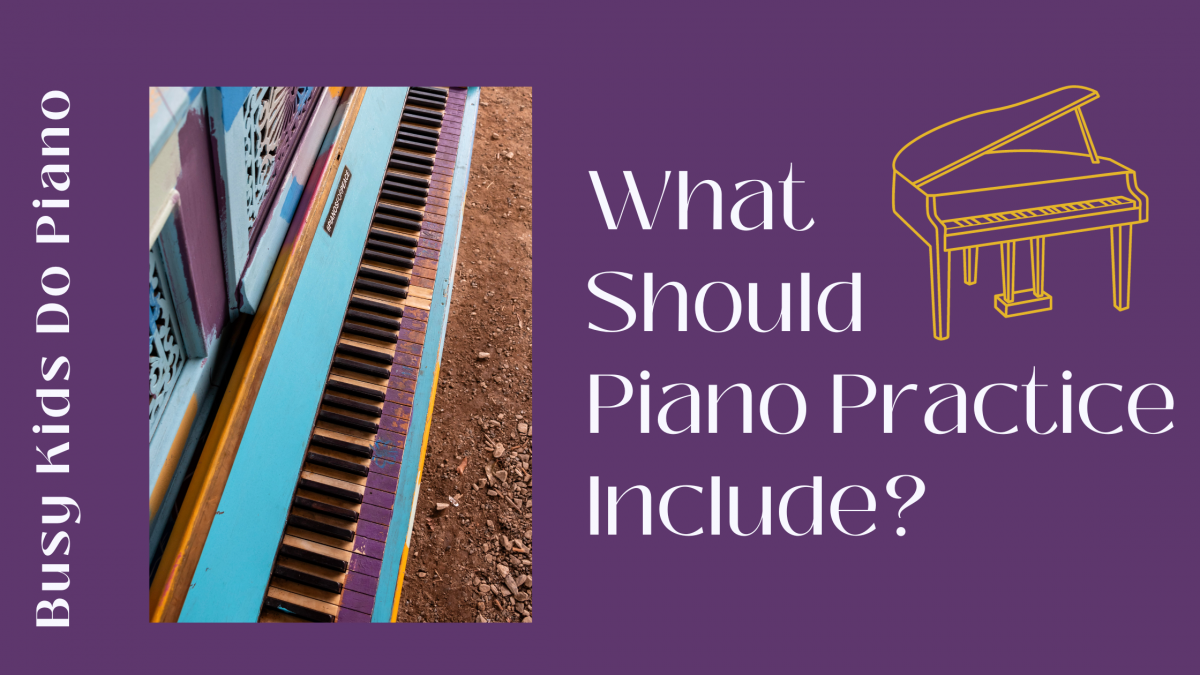In the past, I’ve written about how piano practice shouldn’t be structured by requiring a specific length of practice time. A student who is required to practice for 30 minutes a day, for example, won’t necessarily make steady progress in his piano abilities.
So how, then, should a piano practice be structured? How can you ensure that piano practice will mark forward progress? Continue reading “What Should Piano Practice Include?”


